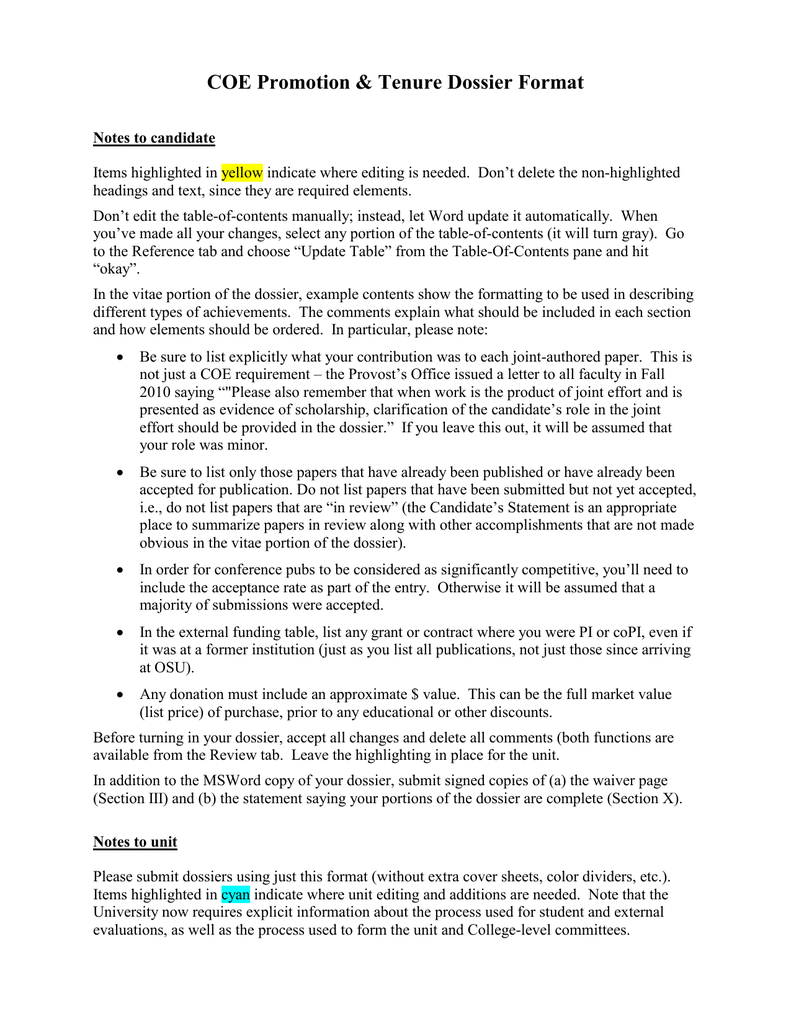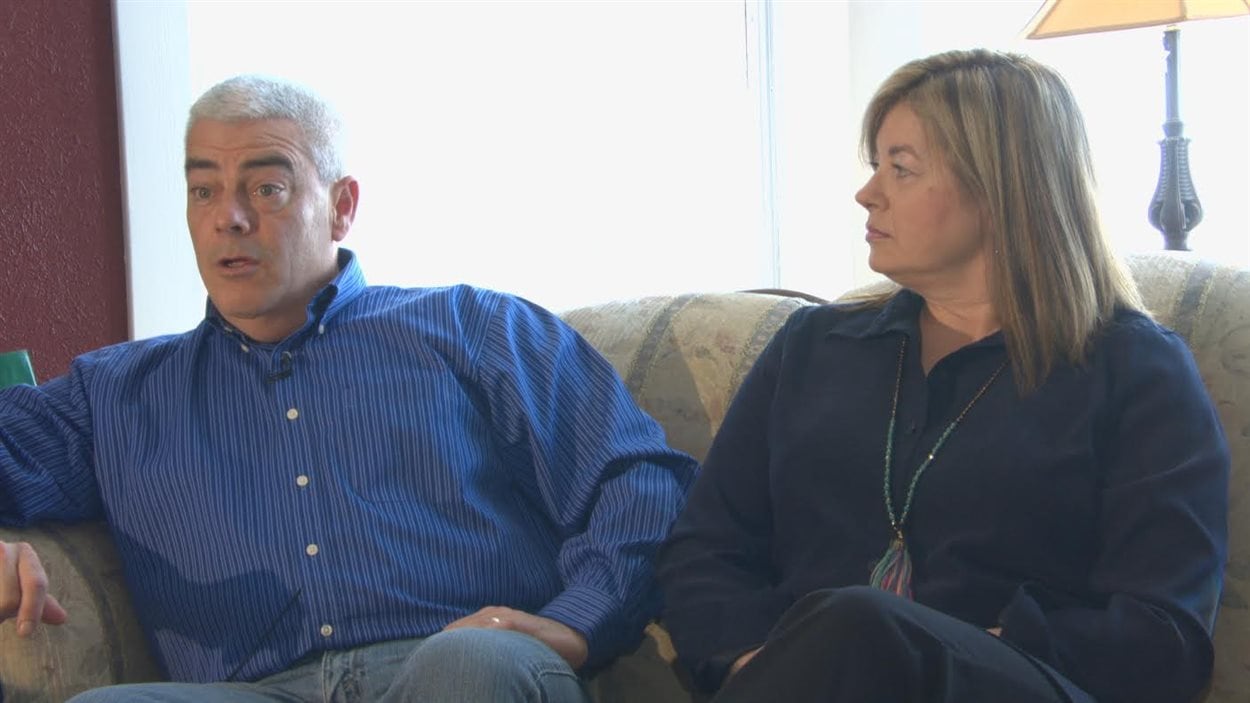
With independent adoptions, the natural parents take on the responsibility for finding suitable adoptive parents. Both public and private agencies abide by these practices. With adoptions through public agencies, adoptive parents do not have the child placed with them until the natural parents have relinquished their rights. Public agencies employ a stringent test to determine the suitability of parents looking to adopt. States run the public agencies, as a state interest exists in placing parentless children with couples looking to adopt. Both public agencies and private agencies exist for the purpose of facilitating adoptions. Parents looking to adopt can choose one of two methods, they may either adopt through an agency or they may adopt through independent contact with the biological parents. Closed Adoption:Ī closed adoption, meanwhile, results in the birth mother relinquishing all rights over the child and allows a state administrative agency to conduct the selection process. Open Adoption:Īn open adoption permits the birth mother to select her child’s adoptive parents. Some jurisdictions also permit the parents in an open adoption to maintain their visitation and contact rights.

Generally, a parent cannot revoke a consensual forfeiture. Most cases in which parental rights are terminated occur because of a consensual forfeiture of those rights by parents. While certain jurisdictions only permit one of the two types of adoptions, other jurisdictions recognize two types of adoptions – open and closed adoptions. 745 (1982), the Supreme Court held that the natural parent’s right to have custody of their children is a fundamental right. Under this program, Congress grants money to the states to carry out their programs if they abide by certain Congressional mandates. The legal relationship results in the adoptee becoming the legal heir of the adopter and terminates any legal rights then in existence with the natural parents.Īlthough adoptions have historically fallen within the sphere of state authority, Congress has used its spending power to garner some influence over state adoption programs. At the conclusion of the formal process, a legal relationship between child and guardian will have formed. Your documents will be safe and processed fast.Adoption refers to the act where an adult formally becomes the guardian of a child and incurs the rights and obligations of a parent. Looking for an apostille service provider in San Francisco? Look no further than us! We have been providing these services for more than 20 years now and have built a reputation for being one of the best providers of these services. We offer reasonable prices and a low risk of failure. We have a team of professionals who can help you notarize any type of document and work with all types of documents. Our company offers fast, secure, and reliable apostille services in San Francisco. The Adoptions Unit will then contact the U.S. The Secretary of State's office will then contact the Adoptions Unit of the Superior Court in San Francisco and request the apostille. In order to get an apostille, you must first contact the Secretary of State's office in San Francisco and request the apostille. In California, apostilles can be obtained through the California Secretary of State's Apostille and Authentication Office. Each state has its own apostille process, which can be done through the state's Secretary of State office.

There is no central issuing authority for apostilles in the United States.

The dossier needs to be apostilled so that it can be sent to the country of adoption and be recognized as a legal document. Apostille is a certification provided under the Hague Convention of 1961 for authenticating documents for use in foreign countries. A dossier typically includes documents such as birth certificates, marriage licenses, proof of financial stability, and fingerprints. All adopting families must submit a dossier to the country from which they intend to adopt in order for their adoption to be processed. An adoption dossier is a name given to a compilation of documents required by an adopting family in order to complete an international adoption.


 0 kommentar(er)
0 kommentar(er)
